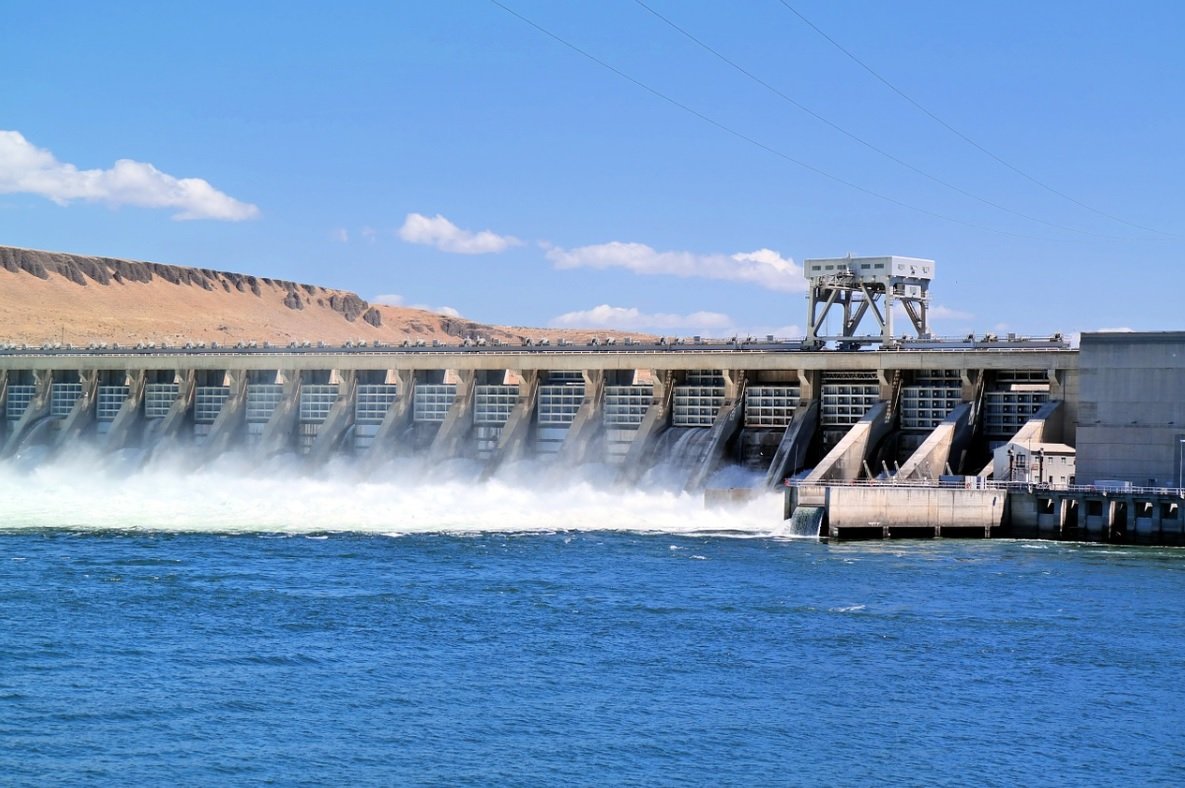Union Minister Jitendra Singh Calls for Boosting Infrastructure and Local Employment in Kishtwar
Union Minister Jitendra Singh recently urged for the acceleration of ongoing infrastructure projects in Kishtwar, Jammu and Kashmir, emphasizing the importance of hydropower development in transforming the region into a major power hub in North India. Singh, who serves as the Minister of State for Science and Technology, Earth Sciences, and other key portfolios, highlighted the potential of hydropower projects in generating up to 8,000 MW of electricity, significantly boosting Jammu and Kashmir’s role in India’s energy sector.
Addressing a meeting of the District Development Coordination and Monitoring Committee (DISHA), Singh emphasized the need to fast-track critical infrastructure developments, including the construction of an airstrip under the UDAN scheme to improve accessibility in the region’s challenging terrain. He also pushed for the exploration of the world-class sapphire mines in Paddar, which could not only contribute to the region’s revenue but also create employment opportunities for local youth. A key aspect of Singh’s agenda was enhancing the employability of local communities. He specifically called on the National Hydroelectric Power Corporation (NHPCL) to provide specialized training for unskilled laborers, enabling them to take up jobs that require specific skills for large-scale projects. This would help ensure that the region’s growth is driven by its own workforce, reducing reliance on external labor.
Singh also reviewed several ongoing projects, including the 850 MW Ratle hydroelectric project, which had been delayed under previous governments. He expressed his frustration with the historical neglect of Kishtwar, but also noted the progress under the current administration, including the upcoming saffron park in Kishtwar. Additionally, the minister emphasized the importance of collaboration between public representatives and government departments to ensure timely implementation of key initiatives like the Pradhan Mantri Gram Sadak Yojana and the Jal Jeevan Mission. He also called for heightened transparency in project execution and urged the district administration to adopt Standard Operating Procedures for field visits to improve collaboration with local bodies.
Singh’s call for sustainable growth also included instructions to monitor environmental impacts of infrastructure projects closely, ensuring that the region’s development does not compromise public health or the environment. Moreover, he proposed a uniform policy for civil servants to discourage absenteeism, advocating for strict procedures when they leave their positions. With a focus on empowering local communities and building sustainable infrastructure, Singh’s vision for Kishtwar aims to bring long-term prosperity and development to the region.


